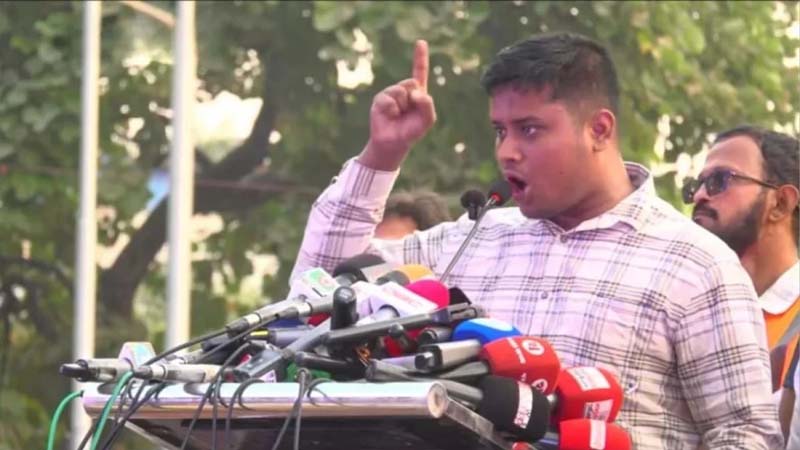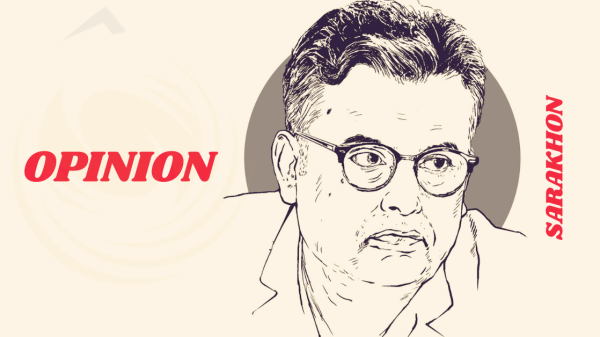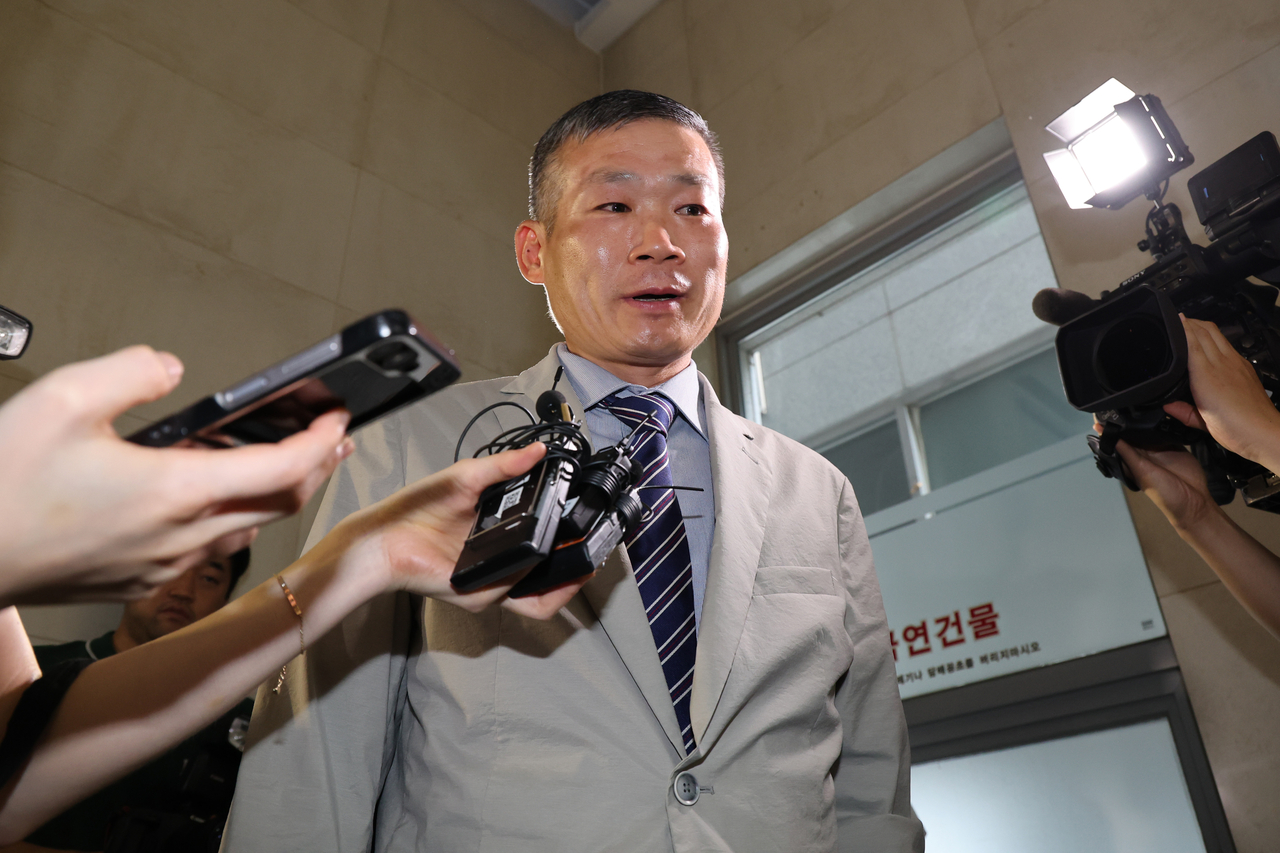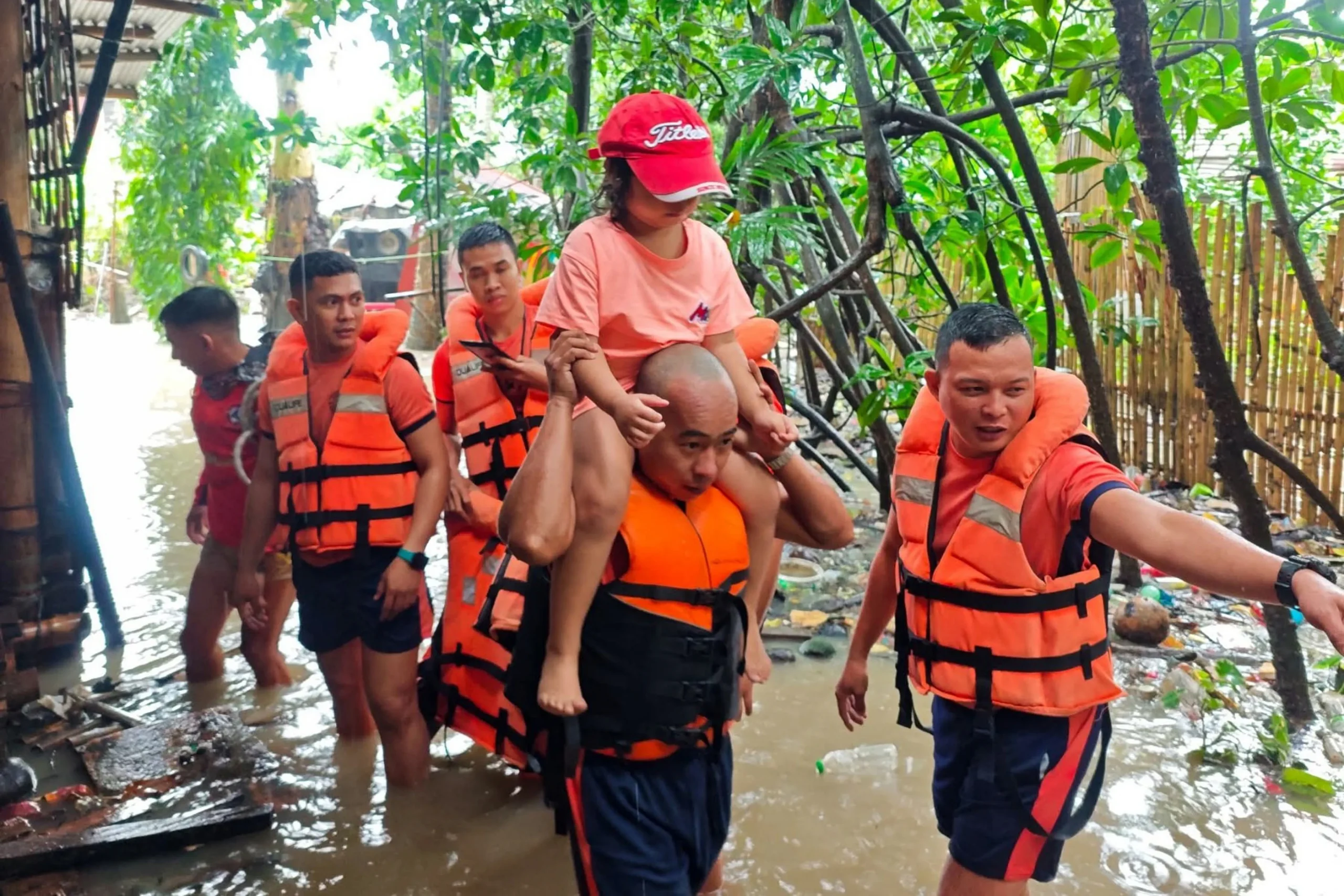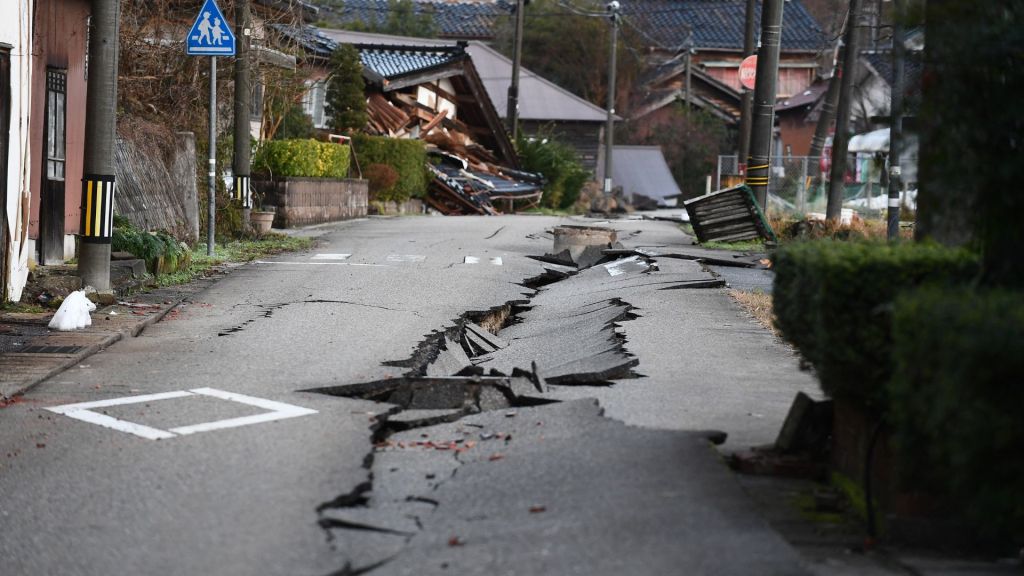U.S. SAYS IT WILL REVOKE COLOMBIAN PRESIDENT PETRO’S VISA AFTER NEW YORK RALLY

Washington’s move and diplomatic fallout
The United States said it will revoke Colombian President Gustavo Petro’s visa after he joined a pro-Palestinian rally in New York and urged U.S. soldiers to disobey orders from President Donald Trump. The State Department framed Petro’s remarks as “reckless and incendiary,” a rare public rebuke of a sitting foreign leader invited to the U.N. General Assembly. The decision adds strain to a relationship already tested by disagreements over drug policy, deportations, and how to approach the Gaza war. Petro has frequently criticized U.S. actions in the Middle East, and his call for a global force to “liberate Palestinians” drew sharp pushback in Washington. Bogotá has not detailed any reciprocal steps, but Colombian lawmakers close to Petro accused the U.S. of political retaliation.
Regional and domestic implications
The visa move could complicate U.S.-Colombia coordination on migration flows through the Darién Gap, counternarcotics operations, and Venezuelan refugee support. It also lands amid Colombia’s domestic debates on security and peace talks with armed groups, where U.S. backing matters for funding and sanctions relief. In the U.S., the action will resonate with election-season rhetoric on loyalty and dissent within the military, even as legal experts note the First Amendment does not cover foreign leaders’ visas. For Latin America watchers, the episode underscores how Gaza has reshaped political alignments, with leaders calibrating rhetoric for home audiences while navigating exposure to U.S. policy levers. Whether Washington escalates beyond a visa revocation—such as curbing senior officials’ travel or slowing aid disbursements—will signal if this becomes an enduring rift or a brief diplomatic flare-up.









